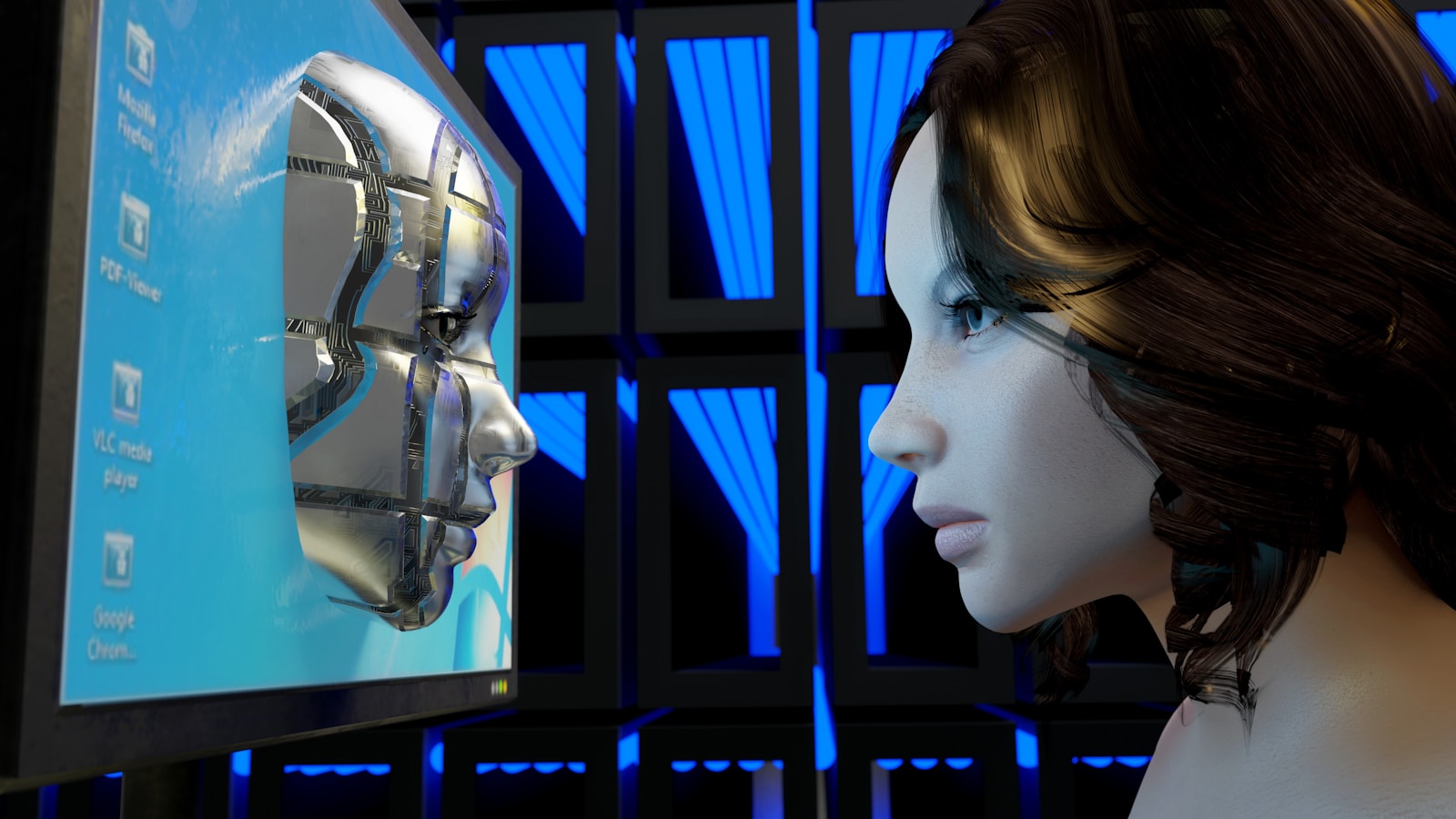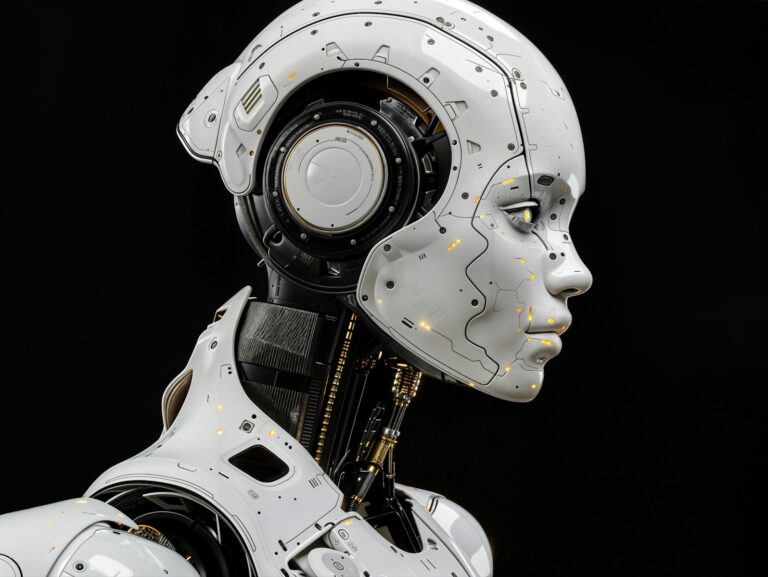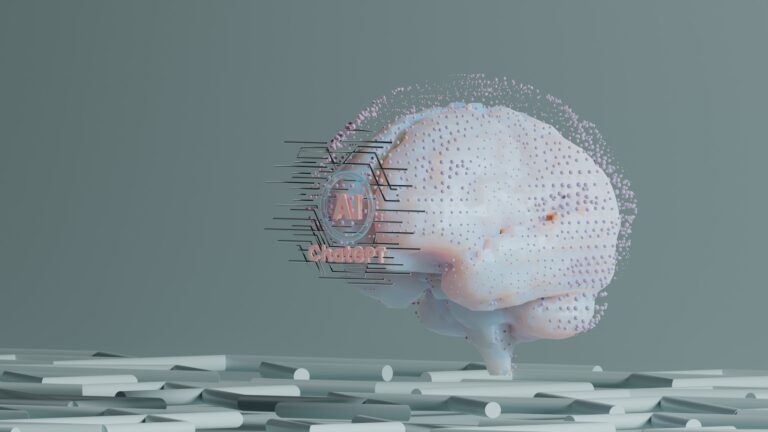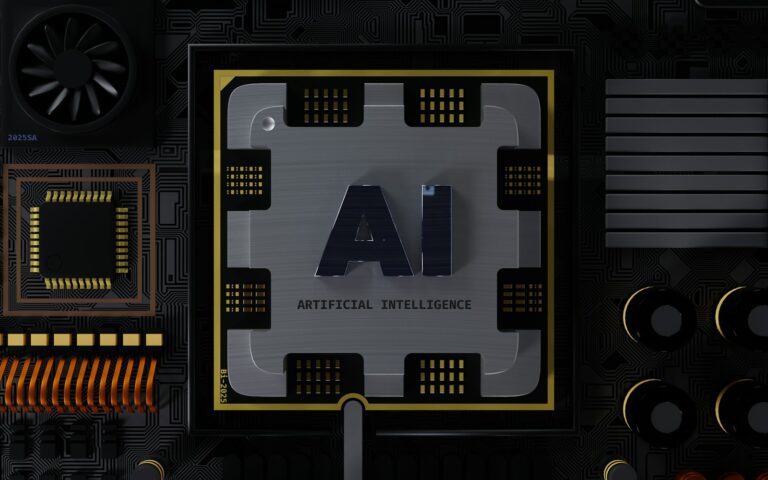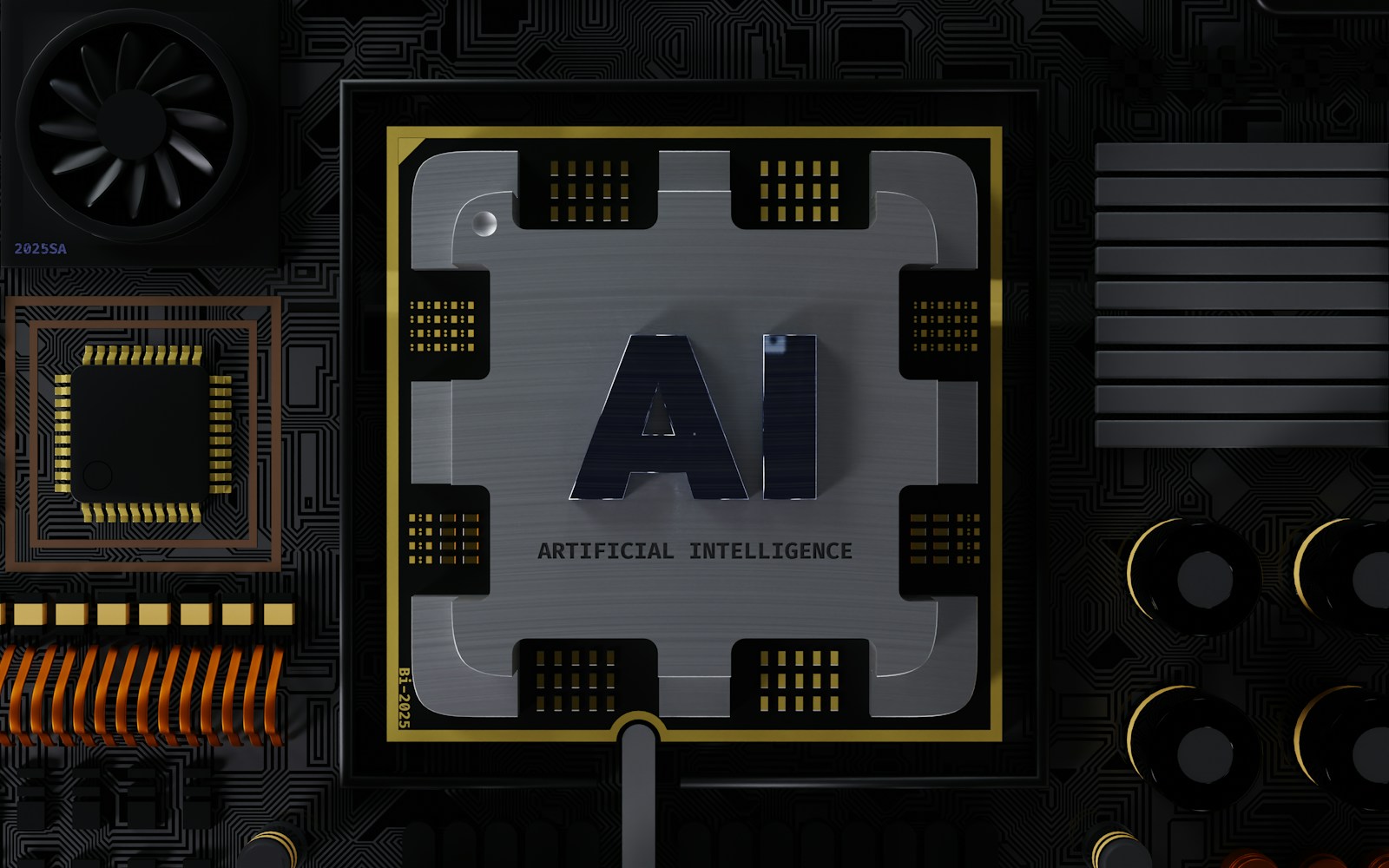
The Future of Artificial Intelligence in Everyday Life
The Future of Artificial Intelligence in Everyday Life
Artificial Intelligence (AI) is no longer a futuristic concept; it’s a fundamental part of our daily existence. As we delve deeper into the age of technology, AI is radically transforming various sectors, shaping our experiences and interactions. This article explores the multifaceted roles AI plays in healthcare, cybersecurity, education, and more.
How AI is Transforming Healthcare and Medical Research
AI is revolutionizing healthcare by enhancing diagnostics and personalizing treatment plans. Machine learning algorithms analyze vast amounts of medical data to identify patterns that humans might overlook. For instance, AI applications like IBM Watson are now assisting oncologists in making more accurate diagnoses based on patient histories and genomic data. Additionally, AI-driven predictive analytics are playing a crucial role in medical research, enabling scientists to streamline drug discovery and reduce the time it takes to bring new treatments to market.
The Role of AI in Cybersecurity
As cyber threats become increasingly sophisticated, AI is emerging as a vital ally in cybersecurity. Algorithms can analyze network traffic to identify potential breaches in real time, offering organizations a proactive approach to security. For example, darktrace utilizes AI to create a digital immune system that learns and adapts to new threats, effectively safeguarding sensitive information. The integration of AI in cybersecurity is not just a trend; it’s becoming a necessity in an era where data breaches can have devastating effects.
AI-Powered Education: Personalized Learning for Everyone
In the realm of education, AI is enabling personalized learning experiences tailored to individual student needs. Adaptive learning platforms like DreamBox and Khan Academy utilize AI to assess student performance and adjust curricula accordingly. This individualized approach not only helps students grasp complex concepts but also keeps them engaged. As the education sector continues to embrace AI, we can expect to see significant improvements in student outcomes and overall learning efficiency.
Ethical Challenges of Artificial Intelligence in Modern Society
With great power comes great responsibility. The rise of AI has also brought forth ethical challenges that demand our attention. Issues like algorithmic bias, data privacy, and job displacement are becoming increasingly prominent. As organizations integrate AI into their practices, it is essential to foster discussions around ethical guidelines and the societal implications of AI technologies. Striking a balance between innovation and ethics will be crucial to ensure that AI serves as a force for good.
AI and Automation: How They’re Changing the Workplace
AI and automation are reshaping the workplace, streamlining processes and enhancing productivity. From chatbots handling customer inquiries to AI algorithms optimizing supply chain logistics, the impact is palpable. Companies like Amazon are harnessing AI to predict inventory needs and improve delivery times. While these advancements increase efficiency, they also raise questions about the future of work and the skills that will be in demand. Embracing lifelong learning and adaptability will be crucial for the workforce of tomorrow.
The Rise of Generative AI and Its Impact on Creativity
Generative AI is pushing the boundaries of creativity by enabling machines to create art, music, and even literature. Tools like OpenAI’s DALL-E and GPT-3 are examples of how AI can generate unique content that rivals human creativity. This technology opens up new avenues for artists and writers, allowing them to collaborate with AI in innovative ways. However, it also raises questions about authorship and the essence of creativity itself.
Conclusion
The future of Artificial Intelligence is both exciting and complex. As AI continues to penetrate various aspects of our lives, it is crucial to embrace its potential while being mindful of the challenges it presents. From transforming healthcare to revolutionizing education, the impact of AI is undeniable. By fostering ethical discussions and encouraging innovation, we can navigate this technological landscape responsibly, ensuring that AI serves humanity’s best interests.
